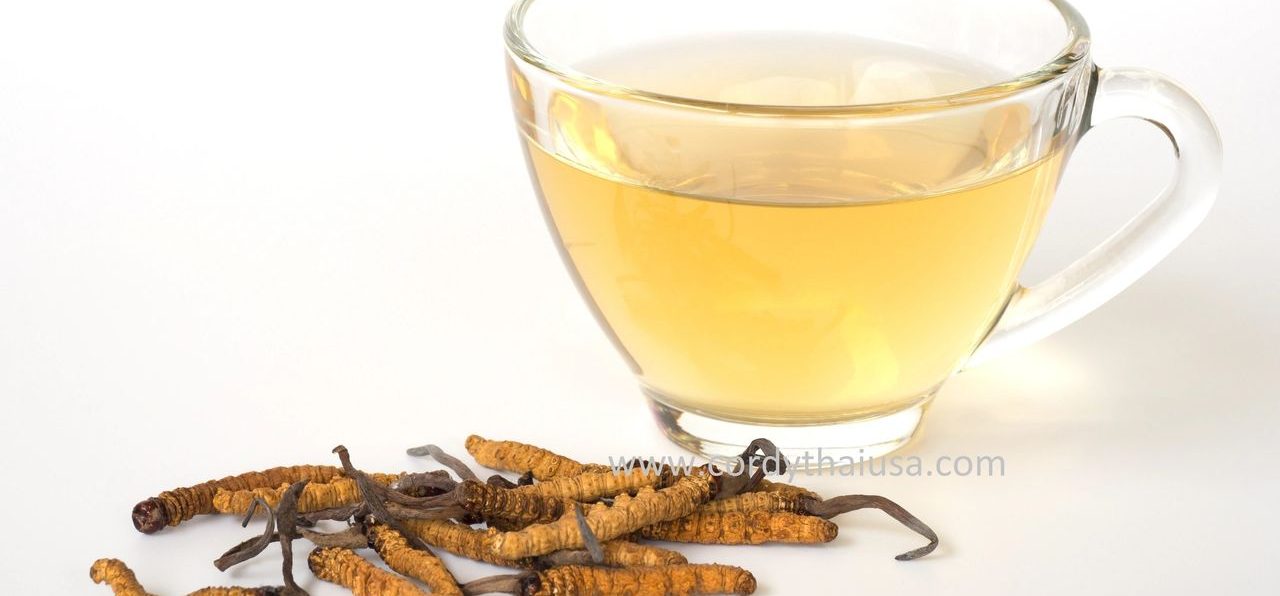Around June of 2012 we received terrible news that our grandmother was diagnosed with stage-4 colon cancer. The tumor was 8 centimeters long. One of her options was to surgically remove the tumor and undergo rehabilitation. We thought that the recovery from surgery would be the hardest for her, but that wasn’t the worst part. About a month after the surgery, a doctor found that the cancer cells had spread to her liver. He gave us less than 6 months to prepare her for her final moments of peace. Being the fighter that she was, she decided to keep going with chemotherapy.
During this time, our mother, Professor Dr. Monchan Maketon focused her research entirely on the medicinal property side of Cordyceps sinensis due to its renowned anti-cancer potential. For more than 20 years, her research had been centered around entomopathogenic fungi (insect-eating fungi) at the Faculty of Science, Kasetsart University, Bangkok Thailand.
After chemo, like most cancer patients, our grandmother suffered severe side effects. The pain was so excruciating and she was so fatigue. It was about two months after that our mother was able to first cultivate C. sinensis in a controlled setting. Using the simplest extraction process by boiling in hot water and making a cup of tea, mom served Grandma three cups a day before each meal (empty stomach for better absorption). The tea contained cordycepin, the active ingredient that plays a major role in battling cancer cells.
About a month into this routine, Grandma’s nails, which were darkened and damaged from chemotherapy, showed noticeable signs of recovery. Not only was she able to walk around, she could even do some light exercises. The pain subsided and her appetite returned. It was the best outcome we could have hoped for to not see her suffer.
To be frugal, after a cup of tea was made for Grandma, mom boiled C. sinensis again and split this cup with dad. Just because…waste not, right? What we didn’t expect was that my dad felt more rested. He noticed he only had to get up once in the middle of the night to go to the bathroom instead of 3-4 times prior to the tea routine. So we started digging deeper into research and publications on the medicinal beneficiary of C. sinensis. We later found that it is one of the potential remedies for frequent urination, which could be a sign of kidney problems with aged.
That was the beginning of “CORDYTHAI“.
Now we are not saying that this will work for everyone because it depends on individual results, but it may be an alternative for people who are looking for natural remedies to boost immune support. Our grandmother was able to stayed with us for a year and a half longer, and we enjoyed our time together til the end.
Kay W.

